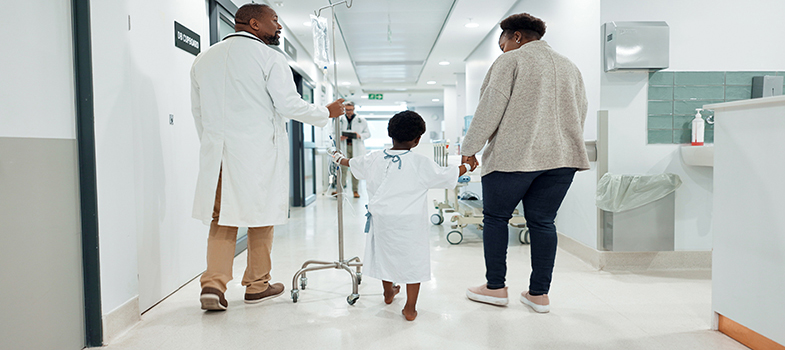General
-
Antimicrobial resistance (AMR) is a major global concern because drug-resistant infections can kill, spread to others, and impose huge costs on individuals and society. In order to tackle this problem we first need to understand it; we can do this by collecting and sharing high-quality data that is relevant to AMR.
Data relating to AMR means that trends in resistance and antimicrobial use can be monitored and used to make better decisions to help tackle the AMR crisis. As an AMR surveillance professional, you have a key role to play in this surveillance process, whether it is in collecting, analysing or interpreting data, or in using the data to develop new policies and practices.
This Fleming Fund programme, Tackling antimicrobial resistance, comprises a series of online courses. The aim of this programme is to help you to identify, develop and apply skills and knowledge relevant to your role in order to change and improve your working practice and the practice of people that you work with.
It is increasingly recognised that the burden of AMR is not the same for everyone due to factors such as sex, gender, age, socioeconomic context and other axes of inequity. Health-seeking behaviours, antimicrobial use, exposure and susceptibility to infection are all influenced by social inequities. Gender and equity in AMR surveillance introduces how inequalities affect the spread, treatment and management of AMR, and explores how gender norms, physiological factors and their intersection with other social determinants of health contribute to disparities in the impact of AMR and efforts to address it. The course highlights the need for disaggregated data and the current biases and inequities in AMR surveillance systems and explores the drivers and root causes of these inequities promoting more inclusive and equitable public health outcomes.




